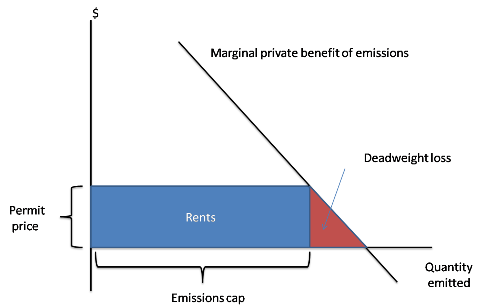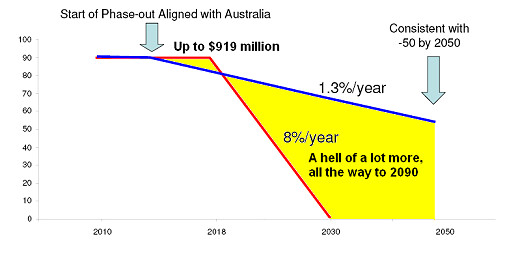Another batch of Member's Bills currently in the ballot. Previous batches are indexed here:
Electoral (Disqualification of Sitting Members in By-elections) Amendment Bill (Jim Anderton): This bill would amend the Electoral Act 1993 to stop current Members of Parliament from standing for election in by-elections. The aim is to avoid the absurd situation seen in the recent Mount Albert by-election, where all but one of the main candidates was already an MP, meaning that electors were effectively voting for the next person on the respective party lists, rather than who was actually on the ballot. If the bill passed, sitting MPs would be required to resign their seat to contest a by-election, facing a real risk and giving voters a real choice.
I have said before that I strongly support dual-candidacy, but the arguments for it (avoiding local vetoes, allowing parties to field high-quality candidates in electorate races) apply strongly to general elections but are utterly irrelevant in a by-election. I think this proposal is worth a look, and deserves to be sent to select committee.
Mental Health (Compulsory Assessment and Treatment) Amendment Bill (Winnie Laban): Amends the Mental Health (Compulsory Assessment and Treatment) Act 1992 to clarify the rights of families of those seeking or receiving treatment. Currently the Act imposes a duty on clinicians to consult families. The bill expands on this to reflect and incorporate the SF New Zealand Code of Family Rights [PDF], while protecting the privacy rights of patients.
New Zealand Public Health and Disability (Change of Electoral System for District Health Boards) Amendment Bill (Michael Woodhouse): This bill would repeal the existing Single-Transferable Vote system used for DHB elections and replace it with FPP (or technically, the block vote). Ostensibly this is done to prevent voter "confusion", but it misses the target: the problem with DHB elections isn't the voting system, but the use of at-large election. This leads to a large field of candidates (14 for MidCentral, 21 for Capital & Coast, 27 for Auckland, and an astonishing 32 for Counties-Manukau - in each case for seven positions), saturating the decision-space, and reducing the task of making a decision essentially to one of random choice. Changing the voting system won't fix this - it will simply lead to less fair results, giving total control to a very narrow plurality.
As usual, I'll have more bills as I acquire them.


